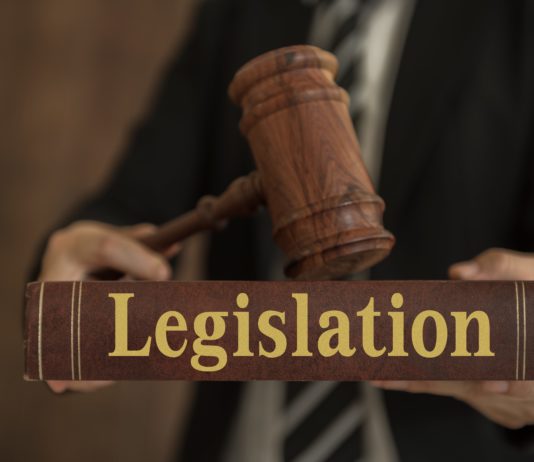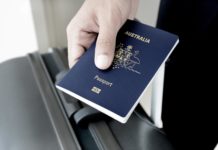New instrument on values statement
'The purpose of the instrument is to update the language of the values statement for all visa subclasses specified to better reflect the values that are important to Australian society'
New instrument on RMA registration fee
The purpose of the instrument is to provide that the registration status charge imposed on RMAs under section 10 of the Migration Agents Registration Application Charge Act 1997 becomes due and payable on the earlier time of either ...
Types of work exempted from criminal offence
The new instrument exempts certain types of work carried out by unlawful non-citizens in immigration detention from a criminal offence created under the Migration Act 1958 (Cth).
New Act on citizenship cessation
"Amends the: Australian Citizenship Act 2007 to: replace the current arrangements, whereby a person’s Australian citizenship automatically ceases through certain conduct, with a discretion for the Minister for Home Affairs to determine that a person who is a national or citizen of a country other than Australia ceases to be an Australian citizen if they have: engaged in specified terrorism-related conduct; fought for, or been in the service of, a declared terrorist organisation outside Australia; or engaged in conduct that results in a conviction for a specified terrorism offence..."
Concession period due to covid-19
The purpose of the new instrument is to "assist certain temporary and provisional visa holders, including individuals who are on a pathway to permanent residence, who have been disadvantaged by the consequences of the COVID-19 pandemic, such as border closures, restrictions imposed on businesses and the general economic downturn". The new measures include allowing individuals to apply for visa subclass 485 while overseas during the concession period and to be granted the visa while overseas.
Sub 408 & covid-19: new class of persons
"The instrument updates the class of persons specified in LIN 20/122 to ensure that an applicant must either hold a substantive temporary visa that is 28 days... The instrument also specifies an additional class of persons who are eligible to apply for a Subclass 408 visa in relation to the COVID-19 pandemic..."
New instrument: who may accept pledge of commitment
"The purpose of the instrument is to update the class of persons listed in Schedule 1 of the instrument, who are authorised to receive a pledge of commitment [for Australian citizenship]. In particular, to remove the distinction between..."
New instrument: LMT & Jobactive
The new instrument requires for nominated positions for visa subclasses 482 and 494 to be advertised on the Government’s Jobactive website as part of the Labour Market Testing (LMT) requirements
Subs 457, 482 & 485: new instrument for Hong Kong passport holders
The amendments extend some subclass 457, 482 and 485 visas for Hong Kong passport holders and family members to a period of 5 years.
Sub 462: COVID-19 work in healthcare & medical sectors
The purpose of the instrument is to specify critical COVID-19 work in the healthcare and medical sectors carried out after after a certain date for the purposes of the definition of specified Subclass 462 work in regulation 1.03 of the Regulations.




















